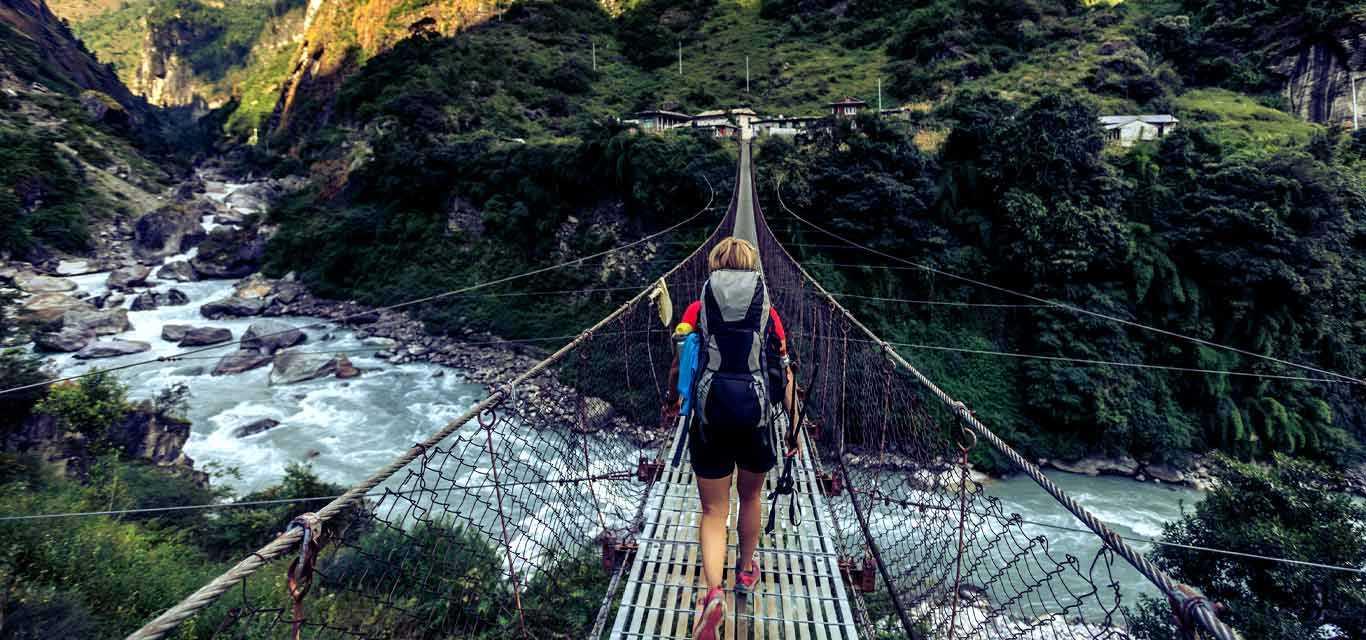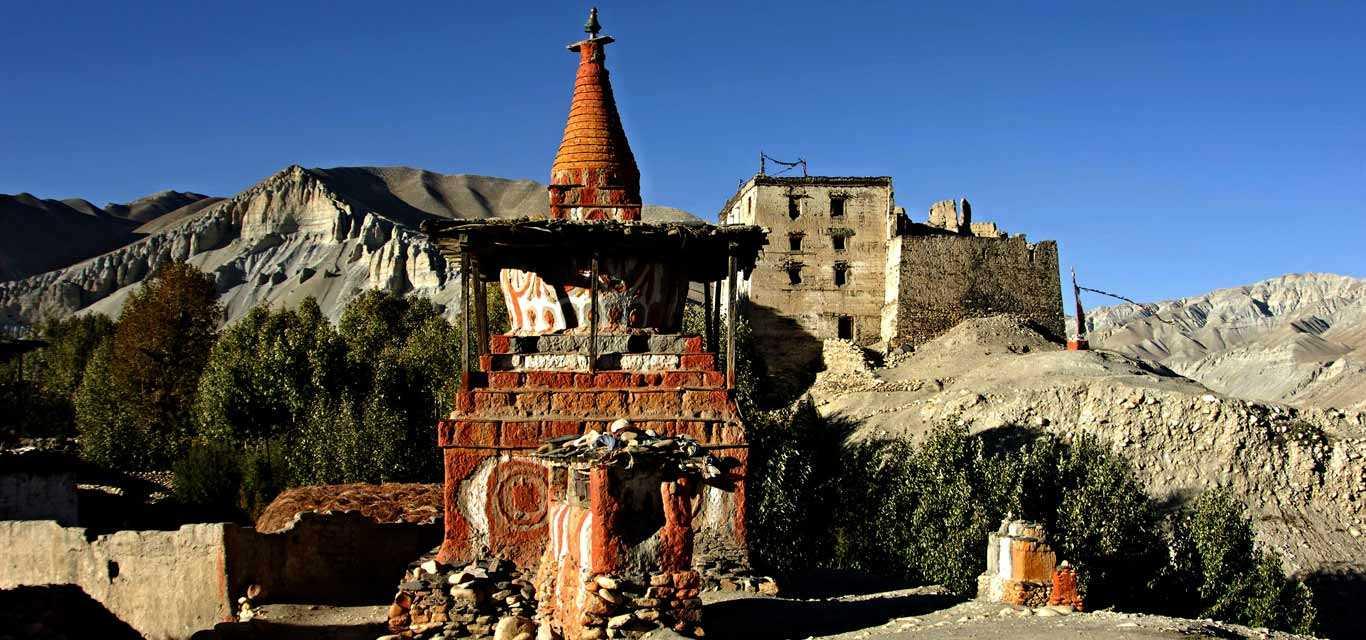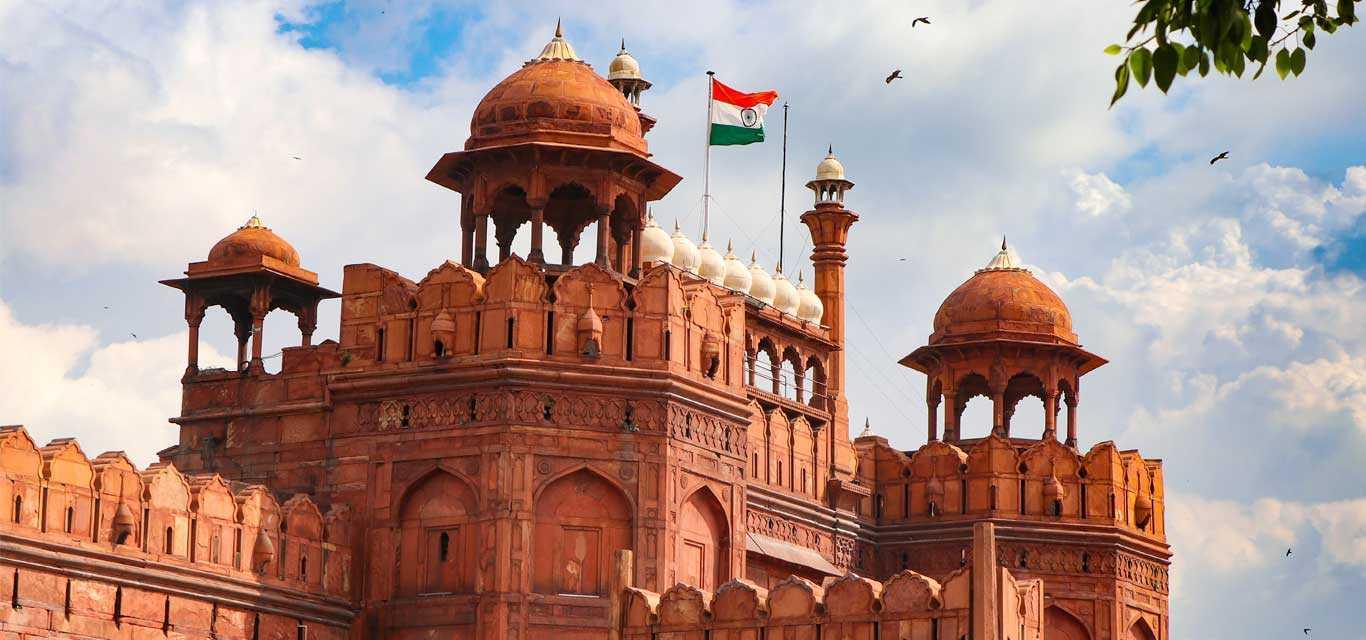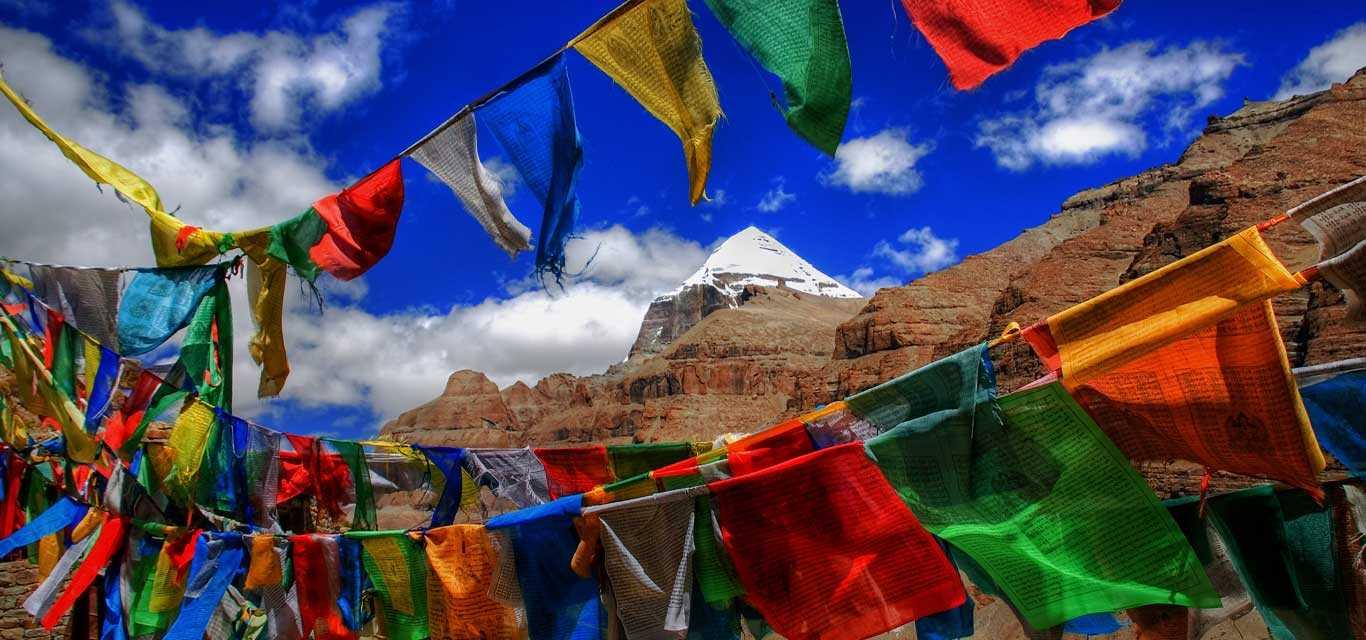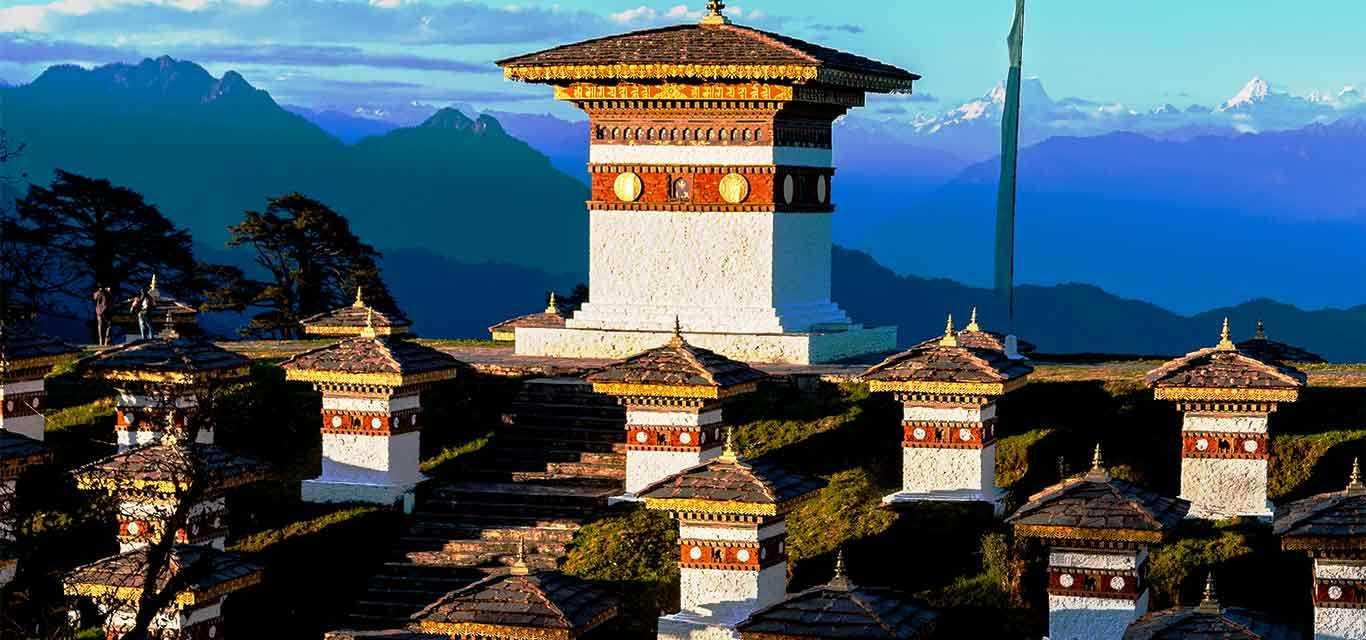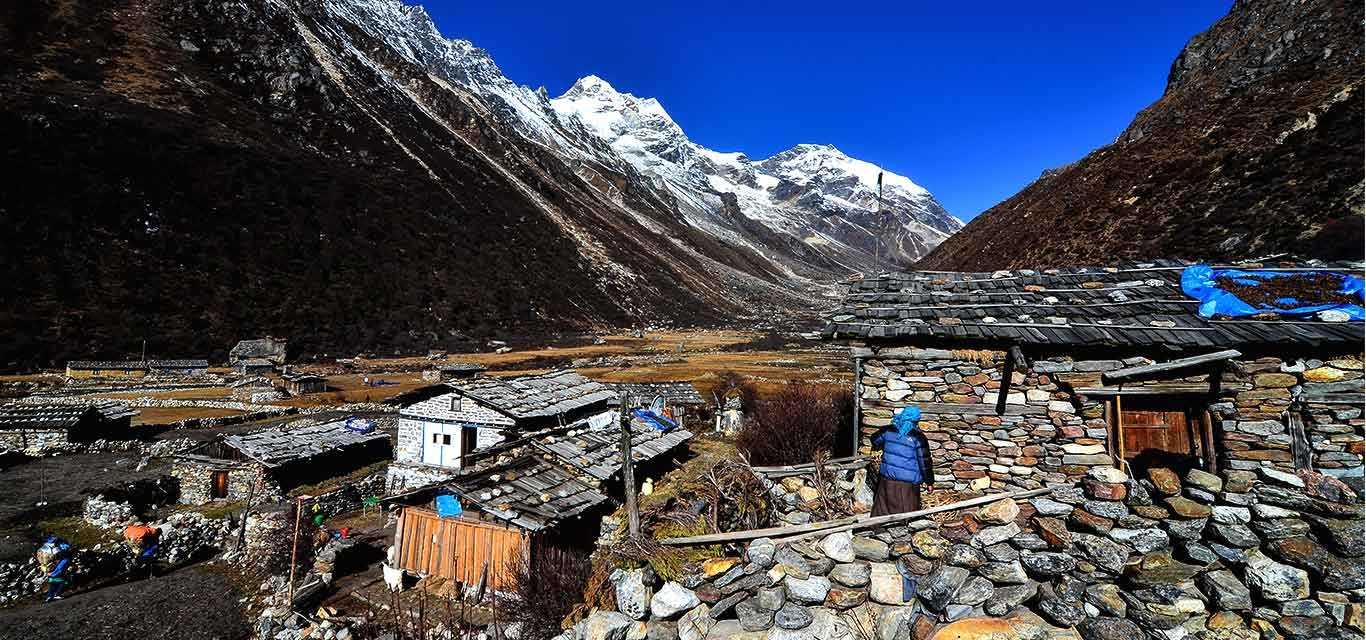Frequently Asked Questions (FAQs) About Everest Base Camp Trek
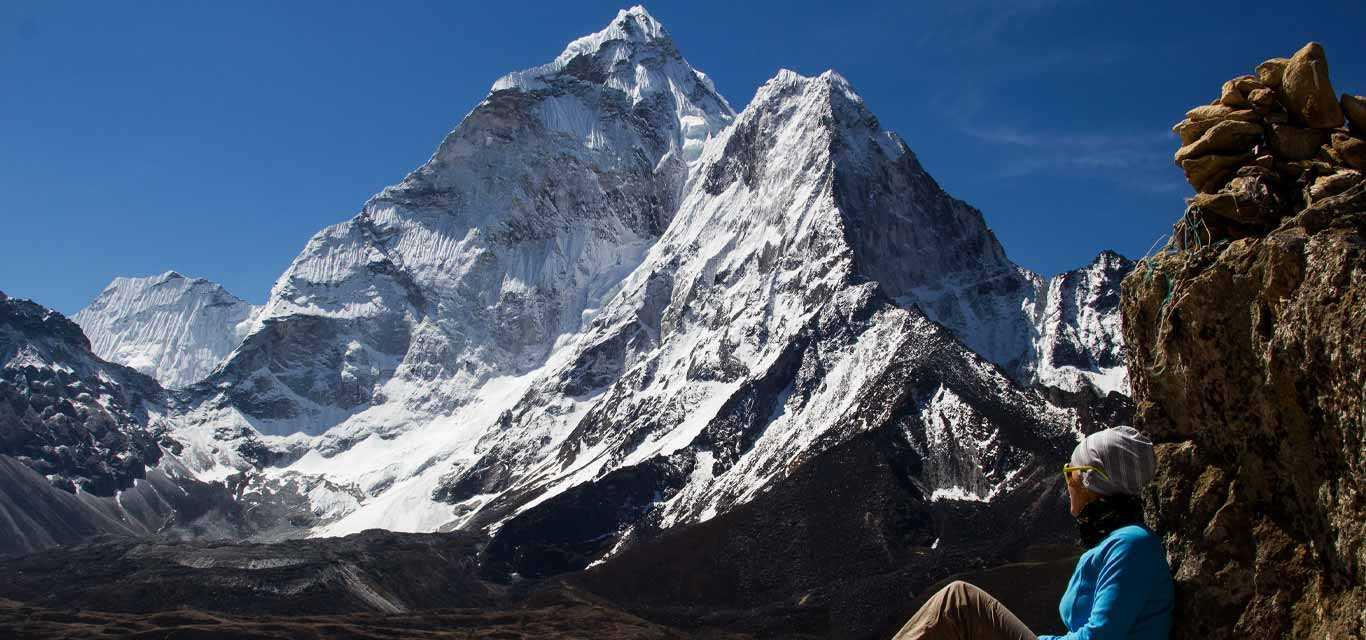
Frequently Asked Questions (FAQs) About Everest Base Camp Trek
The primary peak in every trekker’s wishlist is undoubtedly the world’s highest mountain - Mount Everest. Everest Base Camp or EBC lies on the rooftop of the world and towers above all at a staggering height of 18,477 feet.
Ticking this off your wish list is nothing short of a lifetime’s achievement for every mountain lover.
Himalayan Trekkers will leave no stone unturned to transform this wish into reality. EBC is not any other base camp but an amazing opportunity to experience the world’s tallest mountain, a UNESCO-listed national park, wild flora and fauna, glaciers, high passes, as well as the diverse culture of brave Sherpas, and the home of the mysterious creature, the Yeti.
While there are a lot of things to consider before embarking on this adventure, the most Frequently Asked Questions (FAQs) are as follows.
1. How difficult is the Everest Base Camp trek?
It is a moderate to difficult trek (depending upon days) that commences at 9,350 feet above sea level and eventually reaches the highest elevation of 18,477 feet.

Himalayan Trekkers assures you that this trek is even suitable for first-timers, but what is imperative are three factors that everyone attempting this trek needs to be confident of.
To begin with, be certain to pay a visit to your medical practitioner and get your vitals checked before starting the journey. Inform the doctor about the high altitude and rocky terrain, and carry prescribed medicines for altitude sickness. Even seasoned climbers tend to succumb to harsh mountainous weather at times, so it is advisable to be prepared for any emergency.
Once the date of your journey is set, take a regular physical activity routine that involves running, stretching, and breathing exercises. Also, eat healthy and timely to boost the strength and immunity of the body. The bottom line is to be in good shape by the time your trek starts.
Last but most importantly, the approach we take is going slow and steady. Himalayan Trekkers will be glad to plan your trip in such a way that you have ample time in hand to acclimatize (very important). As the altitude gradually increases, taking a day off every 2-4 days is key to avoiding altitude sickness.
2. How long is the Everest Base Camp Trek?
Everest Base Camp trek takes about a minimum of 12 days to a maximum of 16 days to complete, but in some cases, a few trekkers have even completed the trek in 8 or 9 days, which is not recommended at all.

Next, it all boils down to the trekker’s fitness quotient, the weather of the mountain at that time, and the distance covered each day.
People with standard stamina, walking for 6/7 hours per day, can easily finish the trek in 12 days. At times, even earlier than that, however, Himalayan trekkers will advise you to acclimatize and climb instead of reaching a humongous height all of a sudden.
3. When is the best season for EBC?
If summiting is the main concern, then the months of March to May and Mid of September to November would be nice, but we can expect pleasant weather until the end of December due to global warming. It is then that the weather is sunny and clear with dry hiking paths.
On the other hand, if greenery and lush flora are what excite you, monsoon, or the months of June, July, and August, is your time. Be warned, though, that the trails are slippery with sludge and most dangerously, infested with leeches.

The pure white beauty of a snowy mountain mesmerizes one and all. But this magnificence comes at a heavy cost. Trekking to the Everest Base Camp in a harsh winter with sub-zero temperatures and a high possibility of blizzards is an extremely difficult task. But if you do decide to undertake the journey for snow, then plan it during November, December, and January.
Himalayan Trekkers suggest that since this is a high-altitude trek, spring (March to May), autumn (September to November), and as well as December are definitely the ideal times to complete this trek successfully and smoothly.
4. What are the accommodation facilities?
Himalayan Trekkers will take care of all lodging arrangements during the trek. The route to Everest Base Camp is teeming with tea houses, so finding decent accommodation is not an issue at all. The majority of the facilities provide basic bedding essentials like bed sheets, pillows, and blankets, and all the essentials that provide you with enough warmth.

Nowadays, places with attached bathrooms can be expected. In a few places, very comfortable and deluxe accommodation can be found, but trekkers should say in advance so that the best possible bookings/arrangements can be made. On average, the charge varies from 5 USD to 10 USD per night for basic rooms.
Drinking water and hot water for bathing are also available in most teahouses. But in some places, like higher altitudes, they expect you to pay for hot water to bathe, but it does not cost much, about NPR 50 or 100, according to the place and availability.
5. Are food and water easily available throughout the trek?
The most popular trekking circuit in Nepal is replete with quaint coffee shops, eateries, and, of course, the traditional mountain tea house. Travelers will face no dearth of choices in the food menu. A variety of cuisines like Continental, Chinese, Indian, Nepalese Dal Bhat, dumplings, soup, and stew are readily acquired.

For drinking water, Himalayan Trekkers will advise you to carry your own water bottle and purification tablets. In doing so, you can fill the bottle from any spring or lake on the way and sterilize it with the purification tablets.
In case you do not want to do so, water can be bought from all the tea houses on the way to Everest Base Camp.
6. Is any permit required for the trek?
Trekkers going to Everest Base Camp need two documents for the trip. The first is the TIMS (Trekkers Information Management System) card, and the other is the permit for the Everest region. Both are issued by the Government with regard to Trekking Agencies.
Himalayan Trekkers will see to it that you receive yours before the trek starts, saving you the ordeal of processing the paperwork.
7. Does cell phone/internet work in the Everest Region?
If staying connected to your friends and family is a priority for you, it is ideal to buy a local SIM card from Nepal instead of relying on your own existing connection. There are a few reliable SIM card companies in Nepal, but the most effective ones are NCELL and NTC.

In comparison to other infrastructures, communication is the most developed one in Nepal, so there shall not be any problems regarding communications or the internet in Nepal because they provide genuine services.
Apart from the option of buying a local SIM, there is the WIFI from tea houses that you can rent. Although you cannot really depend on it owing to the height of the region.
8. What to pack for the Everest Base Camp trek?
Pack for the trek depending on which month or season you are opting for. Winter treks will demand heavy woolens, gloves, a down jacket, a wind and rain protector, snow hiking boots, and other kinds of Winter trekking gear.
Summer/Spring will need a range of clothes like light woolens, heavy woolens, woolen caps/ beanies, hiking tops/t-shirts, hiking shorts/leggings, and a sunhat to shield yourself from the sun.

Irrespective of which season you are traveling, make sure to carry important documents like a passport, identification proof, and required permits. If you have registered with Himalayan Trekkers, we will look after the necessary permits and passes.
Other than the documents, some cash, basic medicines, sunscreen, lip balm, toilet paper, sanitizer, and sunglasses, preferably a polarized one, are mandatory. Female trekkers should also keep sanitary napkins handy.
9. What currency do I need?
Himalayan Trekkers will pay for all required permits and documentation, flights, transportation, accommodation, and daily meals beforehand for package tours so that their clients do not have to carry a lot of cash with them.

However, keeping a few Nepali rupees or NPR handy comes in a variety of uses in a trek like Everest Base Camp. You will need the money for anything from water bottles, snack bars, to extra food that you may like to order.
Not to mention WIFI charges and payment for recharging electronic devices. Likewise, you can always exchange major global currencies for Nepalese Currency in Everest and the surrounding areas, but it is always better to exchange it in Kathmandu, as you can expect better rates. Moreover, it will be of use while tipping guides and porters.
10. Is travel Insurance required?
Himalayan Trekkers would say that travel insurance is an absolute necessity when trekking to Everest Base Camp. This is the world’s highest mountain in question, so better be prepared for any kind of emergency, like trekking accidents, natural calamities, or any other type of medical emergency that may require you to be transported to cities or get treated by hospitals.
Read more blogs
